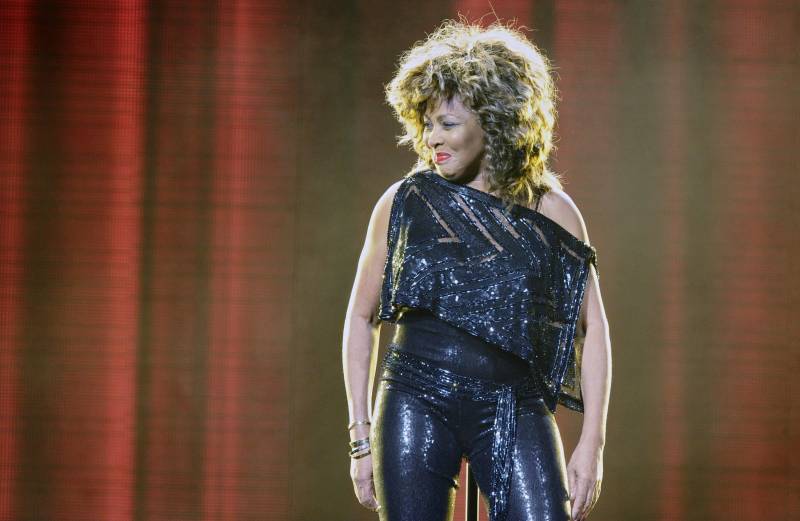There’s plenty of disturbing content that stays with you long after watching TINA, HBO’s new documentary about Tina Turner’s life and career. There’s the searing descriptions of the violence inflicted on her by her first husband and collaborator, Ike Turner. There’s the eyewitness accounts of the abuse, including a particularly heartbreaking story from Tina’s late son, Craig. And there’s Tina’s own recounting of both her suicide attempt and ultimate escape, carrying only 34 cents and a Mobile gas card in her pocket. It all makes for extremely tough viewing.
But something unexpected in TINA is, in some ways, even harder to tolerate. And it’s the sound of a woman being forced to repeatedly—and reluctantly—recount the worst things that have ever happened to her. It’s the sound of a woman being defined throughout the decades not by her own talents or worldwide fame, but rather by the monster she escaped before the most successful portion of her career had even begun.
There is, of course, joy in the two-hour film. It’s in stunning live performances, TV appearances, and the sweet relationship Turner has with her current husband, Erwin Bach. It’s also present in the inspiration Tina Turner has provided to other survivors of domestic violence throughout the decades. But TINA ultimately leaves the viewer with a serious moral conundrum. Are we willing to sacrifice the emotional and mental well-being of our musical icons for the sake of our own comfort and—even more uncomfortably—entertainment?
The story of how the press and public has demanded Turner endlessly revisit her past weaves throughout TINA. We hear clips from her very first interview about Ike’s abuse, for a story originally printed in the Dec. 7, 1981 edition of People magazine. “I was living a life of death,” she told then-music editor, Carl Arrington. “I didn’t exist. But I survived it. And when I walked out, I walked. And I didn’t look back.”

 ‘TINA’ premieres on Saturday, March 27, on HBO.
‘TINA’ premieres on Saturday, March 27, on HBO. 
